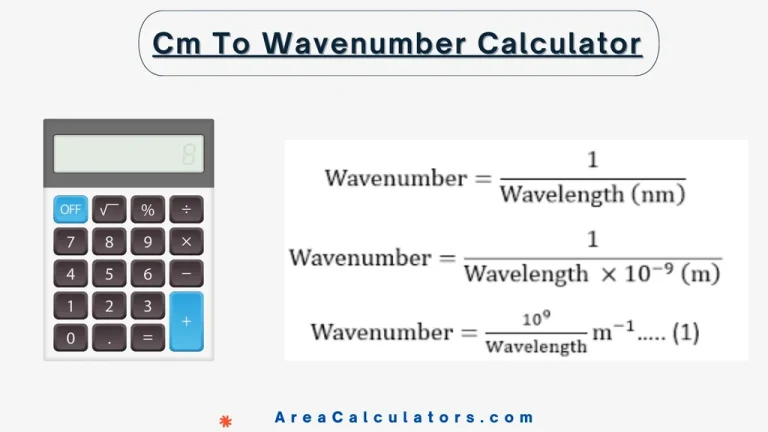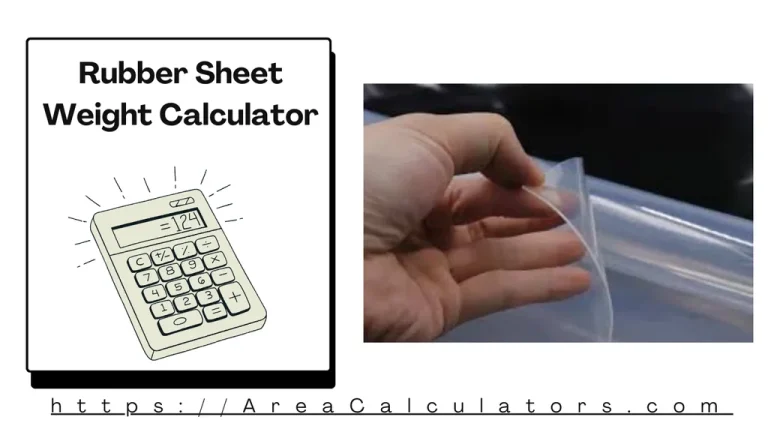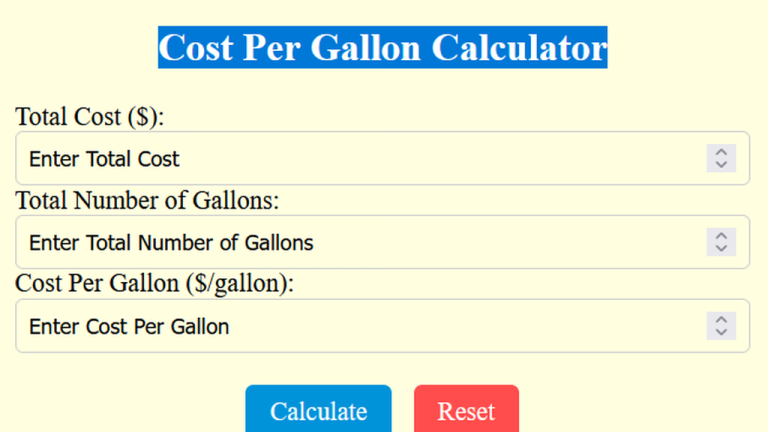Speech Length Calculator [Speech Time Calculator 2025]
To estimate your speech length, divide the total number of words by your average speaking speed (words per minute).
To estimate your speech length, divide the total number of words by your average speaking speed (words per minute).
The Speech Length Calculator helps speakers determine how long their speech will take based on the word count and speaking speed. On average, people speak at 125 to 150 words per minute (WPM), though this can vary depending on language, pace, and content complexity.
T = W / SS
| Variable | Description |
|---|---|
| T | Total speech time (minutes) |
| W | Total words in the speech |
| SS | Speaking speed (words per minute) |
Example 1: Estimating Speech Length at 150 WPM
| Step | Value |
|---|---|
| Word Count (W) | 750 words |
| Speaking Speed (SS) | 150 WPM |
| Speech Length (T) | 750 ÷ 150 = 5 minutes |
Example 2: Slower Pace at 125 WPM
| Step | Value |
|---|---|
| Word Count (W) | 500 words |
| Speaking Speed (SS) | 125 WPM |
| Speech Length (T) | 500 ÷ 125 = 4 minutes |
A Speech Length Calculator is a handy tool for estimating the time required to deliver a speech based on word count and speaking speed. Whether preparing for a presentation, a public speech, or a casual talk, this calculator helps ensure your speech fits within the allotted time.
For instance, by inputting the number of words in your speech, the calculator can determine how long it will take to deliver at various speaking speeds, such as the average words per minute for speech (approximately 125–150 words per minute).
It simplifies tasks like estimating the length of a 5-minute speech, calculating the time for 400 words, or converting text to speaking time.
This tool is valuable for students, professionals, and public speakers, as it eliminates the guesswork in timing and helps refine delivery.
It also supports various languages and speech styles, like Japanese speech length calculations or text-to-speech estimations, making it versatile for diverse needs.
In summary, the Speech Length Calculator is an essential resource for effective time management and speech preparation. It ensures your content fits within time constraints, helping you deliver your message with confidence and precision.
![Pipe Slope Calculator [Drainage Slope, Sewer Pipe Line Calculator] 1 Pipe slope calculation tool interface for determining pipe slopes using fall height, length, and percentage input for accurate area and pipe slope measurements in construction and engineering.](https://areacalculators.com/wp-content/uploads/2025/07/pipe-slope-calculator-768x432.png)
To calculate the pipe slope, divide the pipe fall (PF) by the pipe length (PL) and multiply the result by 100 to get the percentage slope. The Pipe Slope Calculator assists in calculating the slope of a pipe, which is essential for ensuring proper drainage and flow in plumbing and drainage systems. The slope, or…

9 / 100 SEO Score To calculate wavenumber from wavelength, simply take the inverse of the wavelength. Ensure the wavelength is in centimeters, and the result will be in cm⁻¹, which is the standard unit for wavenumber. The Cm to Wavenumber Calculator allows you to convert wavelengths (in cm or nm) to wavenumbers (cm⁻¹). This…

To calculate the weight of a rubber sheet, multiply its length, width, thickness, and density, all converted to feet or appropriate units for consistency. The Rubber Sheet Weight Calculator is an essential tool for industries utilizing rubber sheets in manufacturing, construction, or design applications. This calculator simplifies the process of determining the weight of rubber…
![Bulk Density Calculator [ Soil Bulk Density Calculator 2025 ] 4 Calculator for bulk density and area measurements for accurate materials analysis.](https://areacalculators.com/wp-content/uploads/2025/07/bulk-density-calculator-768x432.webp)
Divide the dry solid weight (DSW) by the sample volume (SV) to determine the bulk density (BD). The Bulk Density Calculator simplifies the process of calculating the bulk density of various materials. These materials may include soil, powders, and construction aggregates. Bulk density is an essential parameter in industries like agriculture, construction, and material science…
10 / 100 SEO Score To calculate the 70/30 split compensation plan, multiply the annual salary by 0.7 (representing the 70% fixed salary), then divide the result by the number of months to determine the monthly pay. A 70/30 compensation plan is a widely-used structure in which 70% of a person’s compensation comes from base…

To calculate the cost per gallon, divide the total cost of the liquid (fuel, water, etc.) by the total volume in gallons. The Cost Per Gallon Calculator is an efficient tool for calculating the cost of liquid commodities like fuel, water, or gas. It is particularly beneficial for managing budgets, estimating expenses, or comparing prices during…